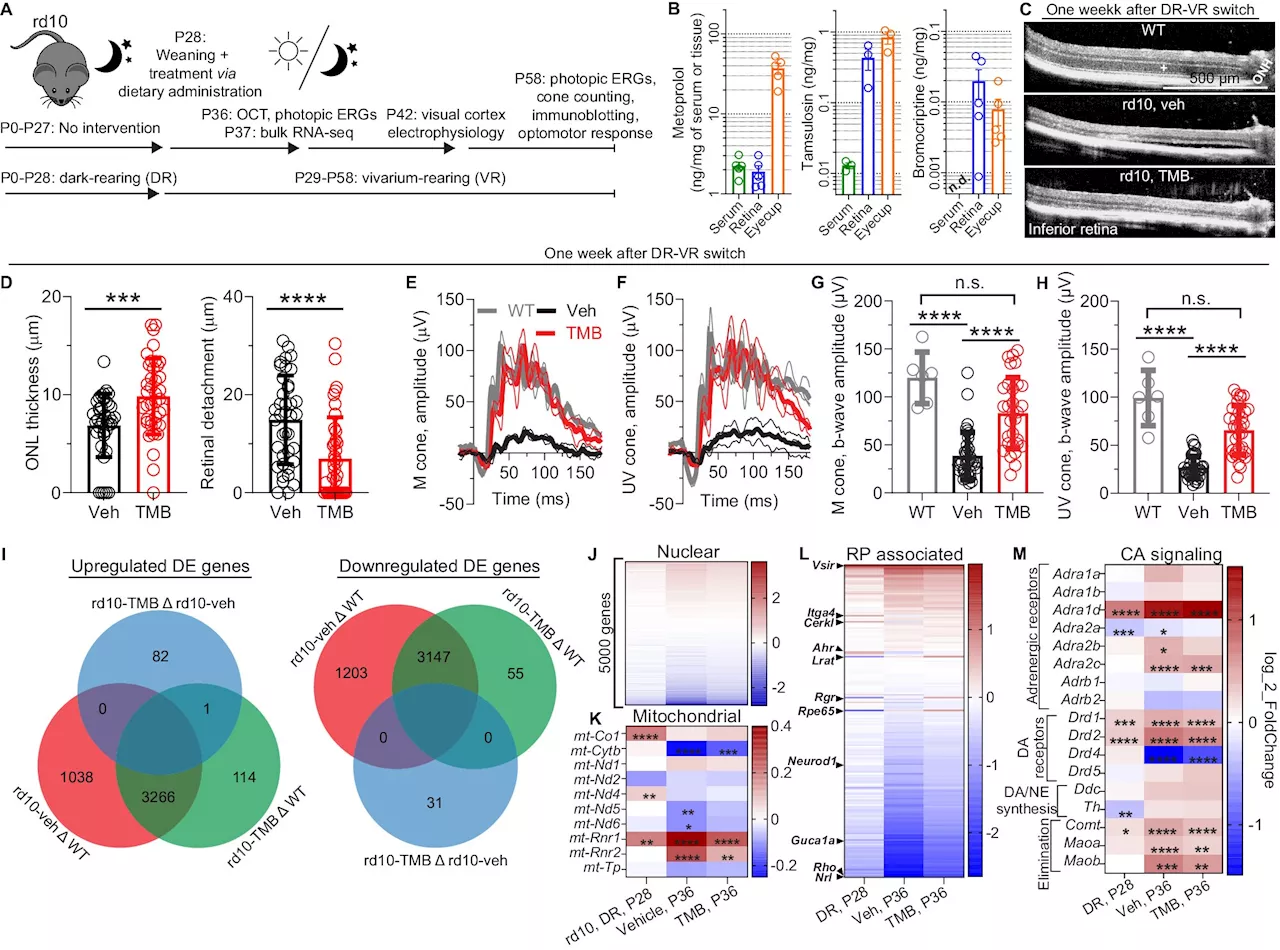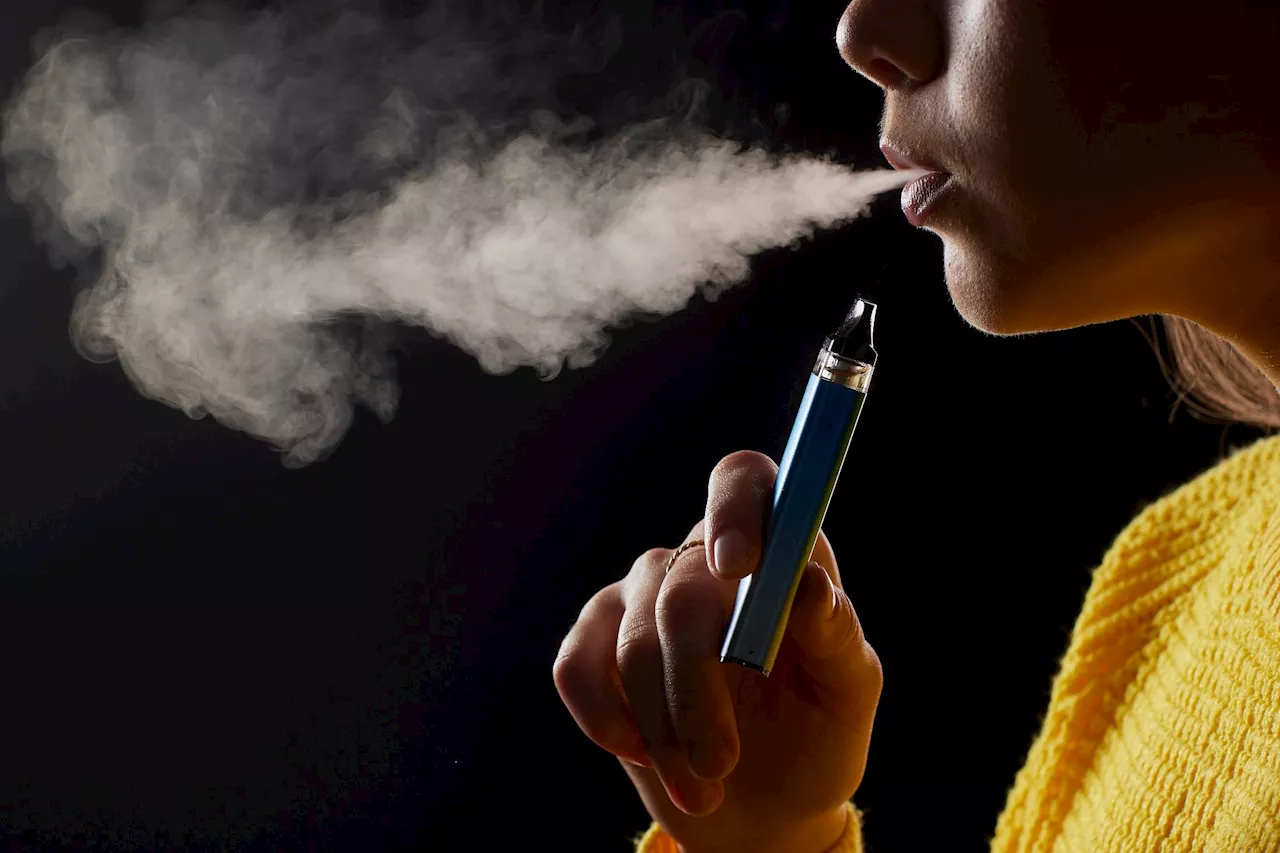Study found that salt-based nicotine and menthol flavoring in e-cigarettes significantly increase nicotine levels and positive experiences among young adults, potentially heightening addiction risks.
By Dr. Liji Thomas, MDReviewed by Benedette Cuffari, M.Sc.Aug 14 2024 A recent study published in JAMA Network Open examines how salt-based nicotine formulations and menthol flavorings impact nicotine levels and the subjective experience of using e-cigarettes in young adults.
Although the concentration of freebase nicotine in e-cigarettes is up to 90% lower than that in traditional cigarettes, the incorporation of various additives leads to the formation of nicotine salts and non-tobacco flavors that facilitate nicotine dependence. As a result, nicotine inhalation through e-cigarettes is smoother and easier, which increases their palatability for continuous use.
In the first session, all study participants used their usual e-cigarette brand. In the following eight sessions, study participants were provided with any of the laboratory-formulated e-cigarette formulations. A five-minute 10-puff inhalation period was followed by 30 minutes of unrestricted vaping.
Nicotine uptake Salt-based nicotine e-cigarettes were associated with the highest nicotine uptake, especially with the 5% concentration. This led to mean plasma levels of 11.2 ng/mL and 17.2 ng/mL at five and 35 minutes, respectively. Tobacco-flavored 5% freebase nicotine had the least positive subjective outcomes, whereas menthol-flavored 5% nicotine salts had the highest subjective experiences for almost all positive measures.
Nicotine Addiction Blood Clinical Trial Frequency Laboratory Tobacco Vaping
United Kingdom Latest News, United Kingdom Headlines
Similar News:You can also read news stories similar to this one that we have collected from other news sources.
 Study finds web-based cognitive behavioral therapy aids bulimia outcomesA web-based, cognitive behavioral self-help intervention effectively cuts bulimia nervosa symptoms, according to a study published online July 3 in JAMA Network Open.
Study finds web-based cognitive behavioral therapy aids bulimia outcomesA web-based, cognitive behavioral self-help intervention effectively cuts bulimia nervosa symptoms, according to a study published online July 3 in JAMA Network Open.
Read more »
 Combination treatment based shows promise for treatment of retinal degenerations, drug repurposing study findsDrug repurposing shows promise in the treatment of retinal degenerations, according to a new study by an international team of researchers, published in Nature Communications. A combination treatment incorporating three existing drugs—tamsulosin, metoprolol and bromocriptine—slowed disease progression in pre-clinical retinopathy models.
Combination treatment based shows promise for treatment of retinal degenerations, drug repurposing study findsDrug repurposing shows promise in the treatment of retinal degenerations, according to a new study by an international team of researchers, published in Nature Communications. A combination treatment incorporating three existing drugs—tamsulosin, metoprolol and bromocriptine—slowed disease progression in pre-clinical retinopathy models.
Read more »
 Increased ventilation not effective in reducing influenza virus spread in play-based model, study findsIncreasing ventilation in child-care settings may not always be effective at preventing flu virus spread, according to a new study published by a team of researchers at Emory University, University of Pittsburgh School of Medicine, and Virginia Tech.
Increased ventilation not effective in reducing influenza virus spread in play-based model, study findsIncreasing ventilation in child-care settings may not always be effective at preventing flu virus spread, according to a new study published by a team of researchers at Emory University, University of Pittsburgh School of Medicine, and Virginia Tech.
Read more »
 Study: Black mental health professionals more susceptible to burnout, race-based traumatic stressDuring the peak of COVID-19, the Black community experienced more deaths than the white community, 441.9 out of 100,000 Black persons compared to 268.5 out of 100,000 white persons in the U.S.
Study: Black mental health professionals more susceptible to burnout, race-based traumatic stressDuring the peak of COVID-19, the Black community experienced more deaths than the white community, 441.9 out of 100,000 Black persons compared to 268.5 out of 100,000 white persons in the U.S.
Read more »
 Large study confirms siblings of autistic children have 20% chance of autismSiblings of autistic children have a 20% chance of being autistic themselves—about seven times higher than the rate in infants with no autistic siblings.
Large study confirms siblings of autistic children have 20% chance of autismSiblings of autistic children have a 20% chance of being autistic themselves—about seven times higher than the rate in infants with no autistic siblings.
Read more »
 Proof-of-principle study shows protein isoform inhibitors may hold the key to making opioids saferResearchers at the University of Arizona Health Sciences identified a new way to make opioids safer, increasing the pain-relieving properties of opioids while decreasing unwanted side effects through the spinal inhibition of a Heat shock protein 90 isoform.
Proof-of-principle study shows protein isoform inhibitors may hold the key to making opioids saferResearchers at the University of Arizona Health Sciences identified a new way to make opioids safer, increasing the pain-relieving properties of opioids while decreasing unwanted side effects through the spinal inhibition of a Heat shock protein 90 isoform.
Read more »
